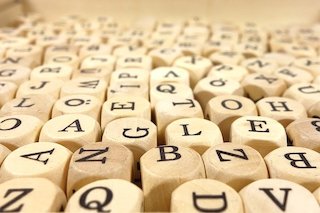A
You can use the present perfect (I have done) for new or recent happenings:
I’ve lost my keys. Have you seen them?
”Is Sally here?” “No, she’s gone out.”
The police have arrested two people in connection with the robbery.
You can also use the simple past (I lost, she went, etc.):
I lost my keys. Did you see them?
”Is Sally here?” “No, she went out”
B
When we say that “something has happened.” this is new information:
Have you heard? Bill and Sarah have won the lottery!
(or Bill and Sarah won …)
The road is closed. There’s been (there has been) an accident.
(or There was an accident)
Use the simple past only (not the present perfect) for things that are not recent or new:
Mozart was a composer. He wrote more than 600 peace of music.
My mother grew up in Chile. (not has grown)
Compare:
Shakespeare wrote many plays.
My brother is a writer. He has written many books. (he still writes books)
C
The present perfect always tells us something about now:
I’m sorry, but I’ve forgotten your name. (= I can’t remember it now)
Sally isn’t here. She’s gone out. (= she is out now)
I can’t find my bag. Have you seen it? (= do you know where it is now?)
You can also use the simple past in all these examples (“I forgot your name,” etc.).
Use the simple past only (not the present perfect) in the situation now is different.
Compare:
It has stopped raining, so you don’t need the umbrella.
It stopped raining for a while, but now it’s raining again.
D
You can use the simple past or present perfect with just, already, and yet.
Just = a short time ago:
A : Are you hungry?
B : No, I just had hunch. or I’ve just had lunch.
We use already to say that something happened sooner than expected:
A : Don’t forget to mail the letter.
B : I already mailed it. or I’ve already mailed it.
A : What time is Mark leaving?
B : He already left. or He’s already left.
Yet = until now. Yet shows that the speaker is expecting something to happen. Use yet only in questions and negative sentences:
Did it stop raining yet? or Has it stopped raining yet?
I wrote the letter, but I didn’t mail it yet. or …I haven’t mailed it yet.



コメント